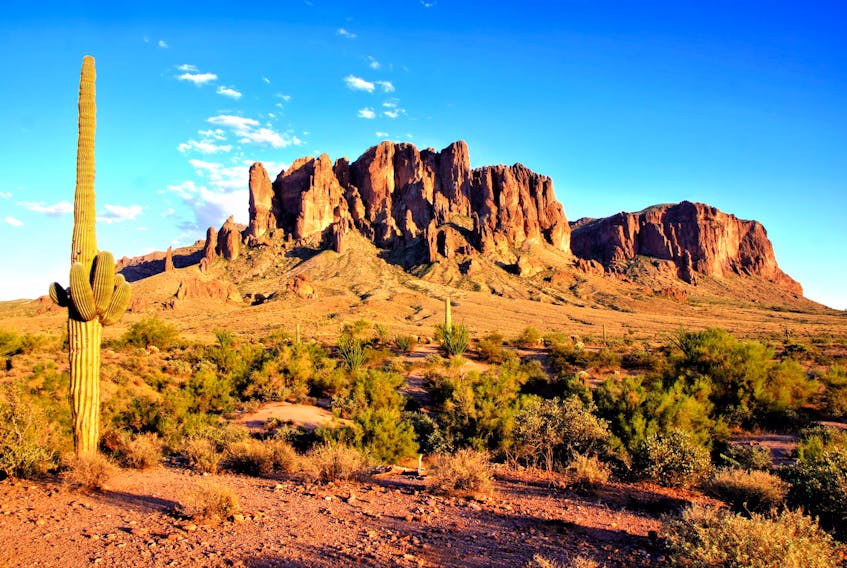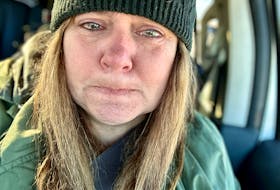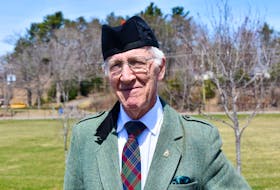Late last week, four women were convicted of failing to get proper permits to enter a United States federal wilderness area and abandoning property in the 860,000-acre Cabeza Prieta National Wildlife Refuge near the border with Mexico.
Natalie Hoffman, Oona Holcomb, Madeline Huse and Zaachila Orozco-McCormick were charged in December 2017, and now face jail sentences as long as six months.
Their crime? Leaving food and water caches for illegal immigrants lost in the huge desert reserve.
The women are part of No More Deaths, a group formed to try and halt at least some of the deaths of migrants trying to cross Arizona deserts.
More than 3,000 sets of human remains have been recovered from southern Arizona deserts in the last 18 years, many of them not found until there was little left but bones.
The practice of leaving supplies is not new: aid workers had been getting permits and leaving supplies for desperate migrants for years.
But the rules changed in 2017, shortly before the women were charged, specifically banning leaving water, food and blankets in the wilderness areas. (Part of the defence was that the change in the rules didn’t specify that criminal charges would result from continuing to leave food caches — and the women say they did not get permits to enter the area because they didn’t want to lie about what they were doing.)
More than 3,000 sets of human remains have been recovered from southern Arizona deserts in the last 18 years, many of them not found until there was little left but bones.
Remember, this is not like the volunteers were leaving water and food at a specific, expected drop point where illegal immigrants would find it; the food and water were not part of an established refugee route.
The group argues the arrests were political in nature, and followed embarrassing video of border patrol officers destroying caches of water and food.
U.S. government agencies say, instead of water and food caches, migrants in trouble should use rescue beacons that the government has left in the region, something refugee groups say the migrants are often afraid to use.
It is possible, if you are particularly heartless, to argue that immigrants knew the risks they were taking when they chose the desperate route that they decided upon.
By that same argument, then, should we stop expensive searches for overdue sailors in trouble on the sea unless they signal for help with emergency position indicating radio beacons, or leave hikers stranded in back-country snowstorms? After all, those risks are clear as well.
It’s perfectly reasonable to want to stop illegal immigration at the border. It’s also reasonable to arrest illegal immigrants, as long as you go through the proper process to establish that they are not legitimate refugees.
But, in the interests of immigration control, is it ever reasonable to ban humanitarian aid to the needy, in the hopes of slowing the flow of migrants by leaving them to die in the desert?
That’s hard to defend.









